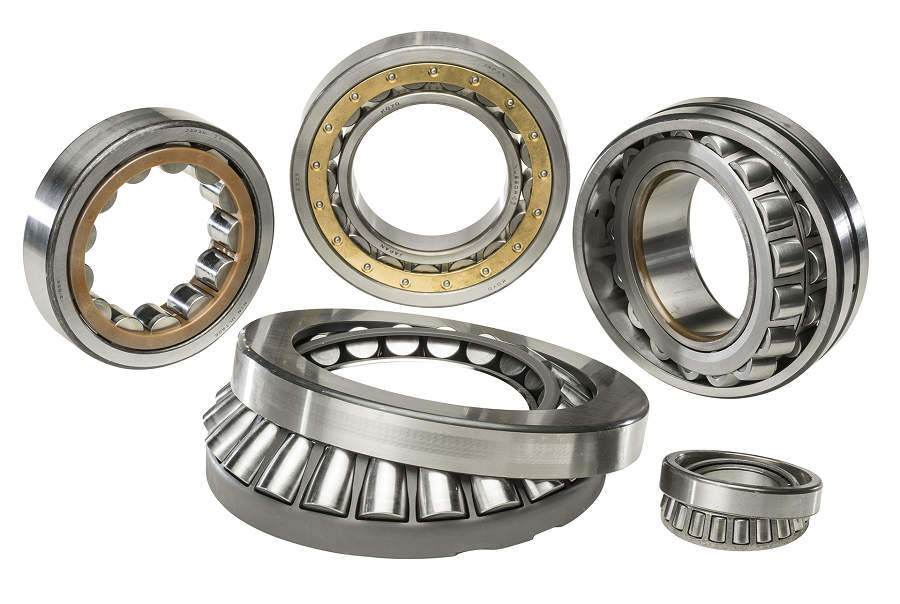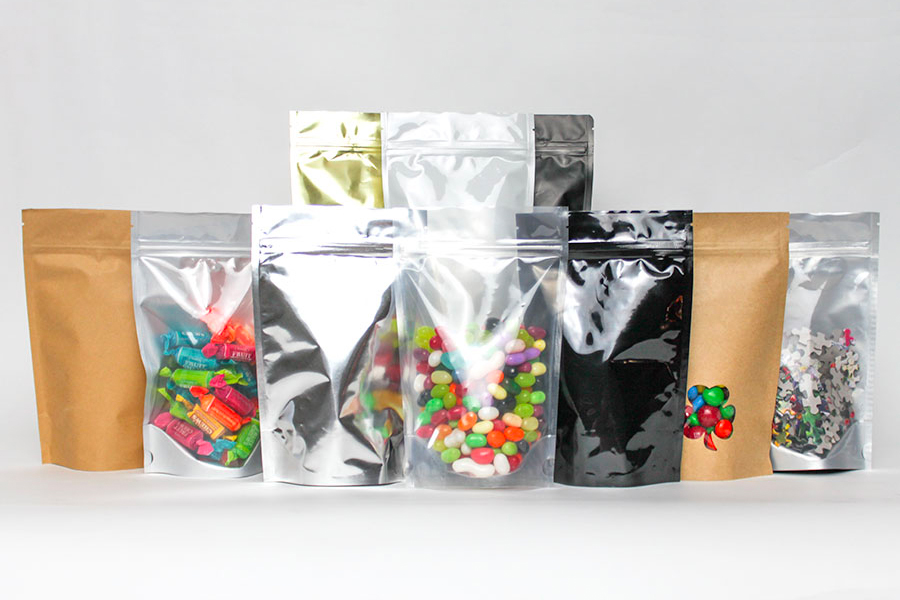If you are working in a machine industry or own something that primarily relies on bearing, then you know the significance of lubrication. It is essential in preserving not only the performance of the rolling element bearings but also directly affects its lifespan. Proper lubrication keeps the moving parts relative to each other. The main goal is to prevent the possibility of friction, wear, and tear. A perfect example is the rollers and raceways. Many people view these parts as something messy, but they are vital to the overall process, especially in the industrial setting. In fact, some roller-bearing lubrications are crucial technology for they can directly and indirectly affect the entire manufacturing process. any discrepancies in these vital parts, especially in the lubrication process can make or break the entire facility process. You might be surprised to find out that one of the causes of bearing failure is lack of proper lubrication.
Some facilities don’t give much importance to the lubrication process because it can be quite expensive. They take it for granted until such time that problems start to show up and require expensive solutions. Hence, the best thing to do is to keep track of roller bearing price chart (ตารางราคาลูกปืนโรลเลอร์, term in Thai) so you will know when the price is favorable to you. Are you still wondering why bearing lubrication is important? Keep on reading below.
What are the functions of bearing lubrication?
- With proper bearing lubrication, you will be able to protect surfaces from possible corrosion.
- You will have adequate sealants which will serve as protection from contaminants.
- You will be able to have adequate heat transference.
- You will be able to create a barrier between different parts, specifically between the sliding surface and rolling contact.
What are the different types of lubrication?
The problem with many major manufacturers is they are having a hard time choosing the correct grease for bearing application. That is why it is a must to entrance your lubrication bearing needs in the hands of experts. it starts with knowing the different types of lubrication available in the market today. So far, there are two – the oil and grease. which one should you choose between the two? Well, it depends on various factors, but some of the most important factors to consider are the following:
- Type of bearing
- Type of machine
- Load conditions
- Temperature
- Size
- Speed range
- Operating conditions/situations
- Environmental factors (more of the external factors)
Oil as a lubricant
Some facilities prefer to use oil as a lubricant because it is easy to distribute. It is also easier to drain when compared to grease. It can also lube other components and have less drag. The oil used for lubrication is better for high temperatures. The problem with oil is that there is a possibility of leakage, which could be a cause for environmental problems. Once there is leakage, then lubrication is no longer sufficient.
Grease as a lubricant
The good thing when using grease for lubrication is that it does not leak out that easily because of its ability to remain in place. Hence, you don’t need to constantly monitor it. it also greatly improves the sealing. On the other note, using grease for lubrication is labor intensive, especially when replenishing and cleaning out. Not to mention, it can be very expensive to use high-temperature grease.




